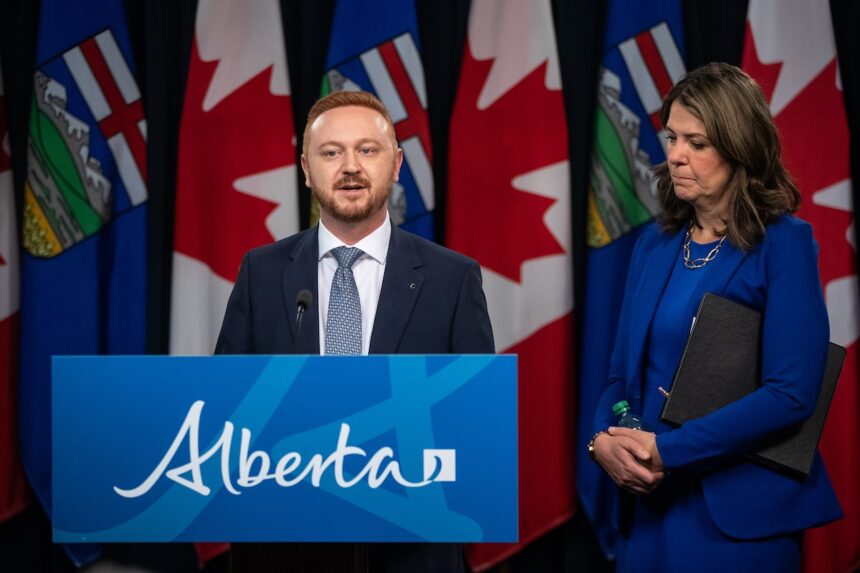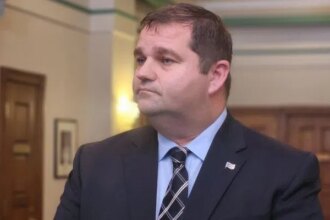In a significant legal development that has intensified Alberta’s contentious debate over transgender healthcare, the provincial government has filed an appeal against a court ruling that temporarily halted parts of its controversial gender-affirming care restrictions. The appeal comes just days after Court of King’s Bench Justice Shaina Leonard granted an injunction against key provisions of Premier Danielle Smith’s policies aimed at limiting medical interventions for transgender youth.
The injunction, which was celebrated by LGBTQ+ advocates as a crucial protection for vulnerable youth, suspended restrictions on puberty blockers and hormone therapies for minors under 16. It also paused requirements that would have forced young people already receiving treatment to undergo additional medical reassessments.
“This appeal represents our government’s firm commitment to protecting children while ensuring parents maintain their rightful place in major medical decisions,” said Premier Smith in a statement released Wednesday. “We believe the court’s initial assessment failed to properly weigh the evidence regarding the potential long-term impacts of these medical interventions.”
The legal challenge was originally brought forward by a coalition of families with transgender children, medical professionals, and advocacy organizations who argued the restrictions violated Charter rights and potentially endangered the mental health of transgender youth. Their lawsuit contended that the government’s policies contradicted established medical consensus and interfered with clinical judgment.
Dr. Margaret Reynolds, a pediatric endocrinologist not involved in the lawsuit but who treats transgender youth in Edmonton, expressed concern about the appeal’s impact on patient care. “The constant legal back-and-forth creates tremendous uncertainty for families already navigating complex healthcare decisions,” she told CO24 News. “Every delay in treatment can have significant consequences for young people experiencing gender dysphoria.”
The provincial government has consistently defended its approach, citing concerns about medical interventions for minors and emphasizing parental involvement in healthcare decisions. Justice Minister Mickey Amery stated that the government is “confident in the legal and factual basis” for the appeal, adding that “these measures were carefully crafted with the best interests of children in mind.”
Medical organizations across Canada have largely opposed Alberta’s restrictions, with the Canadian Pediatric Society, the Canadian Medical Association, and the Canadian Psychiatric Association all issuing statements supporting gender-affirming care as evidence-based treatment for gender dysphoria.
The appeal will now proceed to the Alberta Court of Appeal, where a panel of judges will review Justice Leonard’s decision. Legal experts suggest the case could potentially reach the Supreme Court of Canada given its constitutional implications and the growing national debate around transgender healthcare regulations.
For the families caught in this legal struggle, the stakes couldn’t be higher. “This isn’t about politics for us—it’s about our children’s wellbeing,” said Sarah Martinez, parent of a transgender teenager and member of the plaintiff group. “The injunction gave us hope that medical decisions would remain between families and doctors, not politicians.”
As this legal battle unfolds in Alberta’s courts, similar debates are emerging across North America, raising fundamental questions about the balance between government authority, parental rights, and the medical autonomy of young people. With world attention increasingly focused on transgender rights and healthcare access, how will Canadian society ultimately reconcile these competing perspectives on what constitutes appropriate care for transgender youth?










